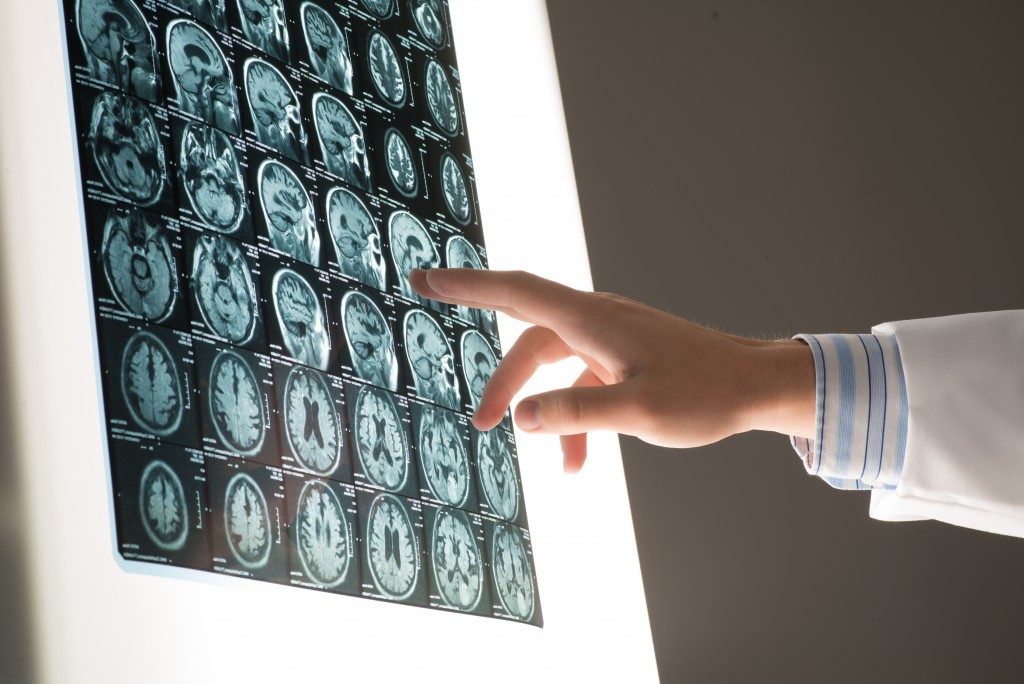Disclaimer: This website provides health information for educational purposes only and is not a substitute for professional medical advice, diagnosis, or treatment. Always seek the guidance of a qualified healthcare provider with any questions you may have.
A concussion is basically a mild traumatic brain injury (mTBI) caused by the violent shaking of your head or body or a significant blow to your head. It can happen with or without you losing consciousness and might result in temporary cognitive issues. The Centers for Disease Control and Prevention (CDC) states that sports injuries and falls are the most common causes of concussions and are most prevalent in the oldest and youngest age groups. Concussions can result from vehicle accidents, being struck against or by an object, such as when playing professional or recreational sports, and deliberate self-harm.
Do I Have a Concussion?
In its early stages, the warning signs of a concussion might be unnoticed or mistaken as other less serious health conditions, like the typical headache. This occurs because some individuals fail to recognize the warning signs, mistake them for something else, or deny that there’s something wrong with them. If you have had an accident before, it is best to call your family clinic in Salem and have a physician check you. Other individuals might not be aware of what’s actually happening to them and how their condition is affecting their daily lives. This means that it’s immensely vital to be aware of common concussion warning signs and vigilant in watching out for them, particularly if you or someone you know has experienced one of the common incidents that lead to concussions mentioned above.
Common Warning Signs of Concussions
Be on the Lookout for Potential Complications
Some concussion symptoms might appear immediately, while others might not manifest for a couple of days or months following the injury. While rare, an individual with a concussion can develop a life-threatening brain bleed or blood clot that puts extreme pressure on the brain. With this in mind, go to or contact the local emergency department if you experience the following warning signs after an injury:
- A headache that persists and gets worse
- Slurred speech
- Decreased coordination, numbness, and weakness
- Persisting nausea or repeated vomiting
It’s immensely crucial to understand that although most concussions are not fatal, they can still be very serious. Majority of people completely recover from concussions. However, the recovery time will significantly depend on various factors such as the severity of the injury and resulting trauma, overall health of the individual prior to the concussion, and age. The most vital thing to remember is that you can have a concussion and not know about it. So when in doubt, don’t hesitate to consult your doctor or go to the emergency room to determine whether you have a concussion.
